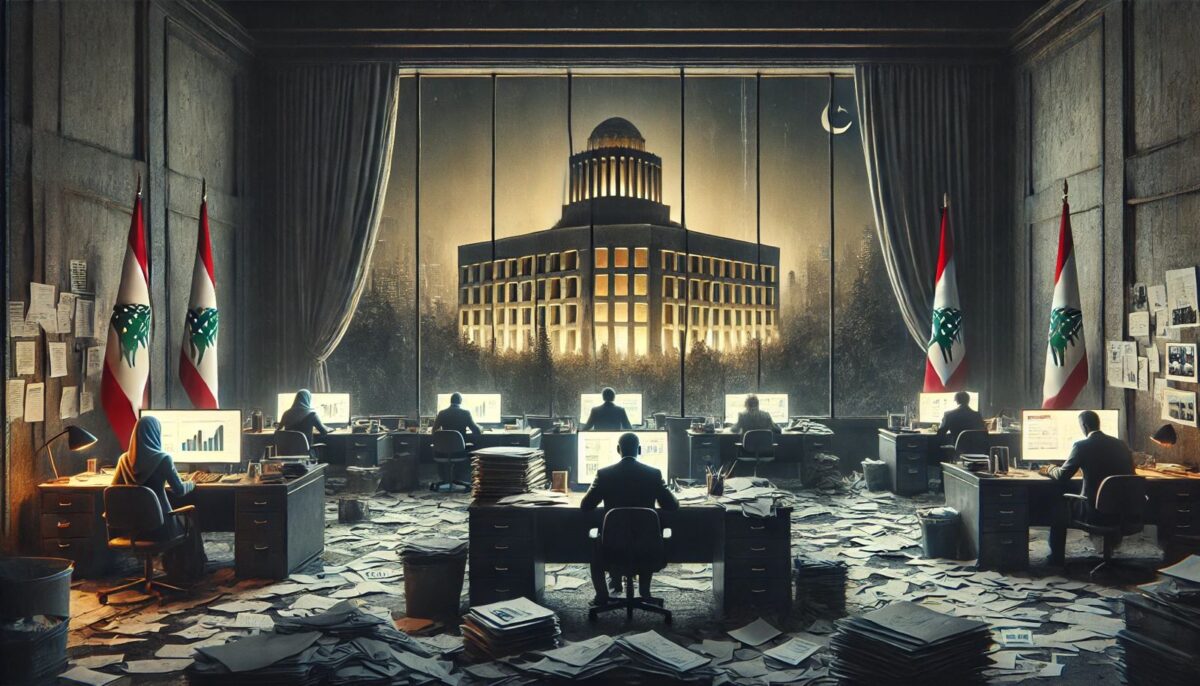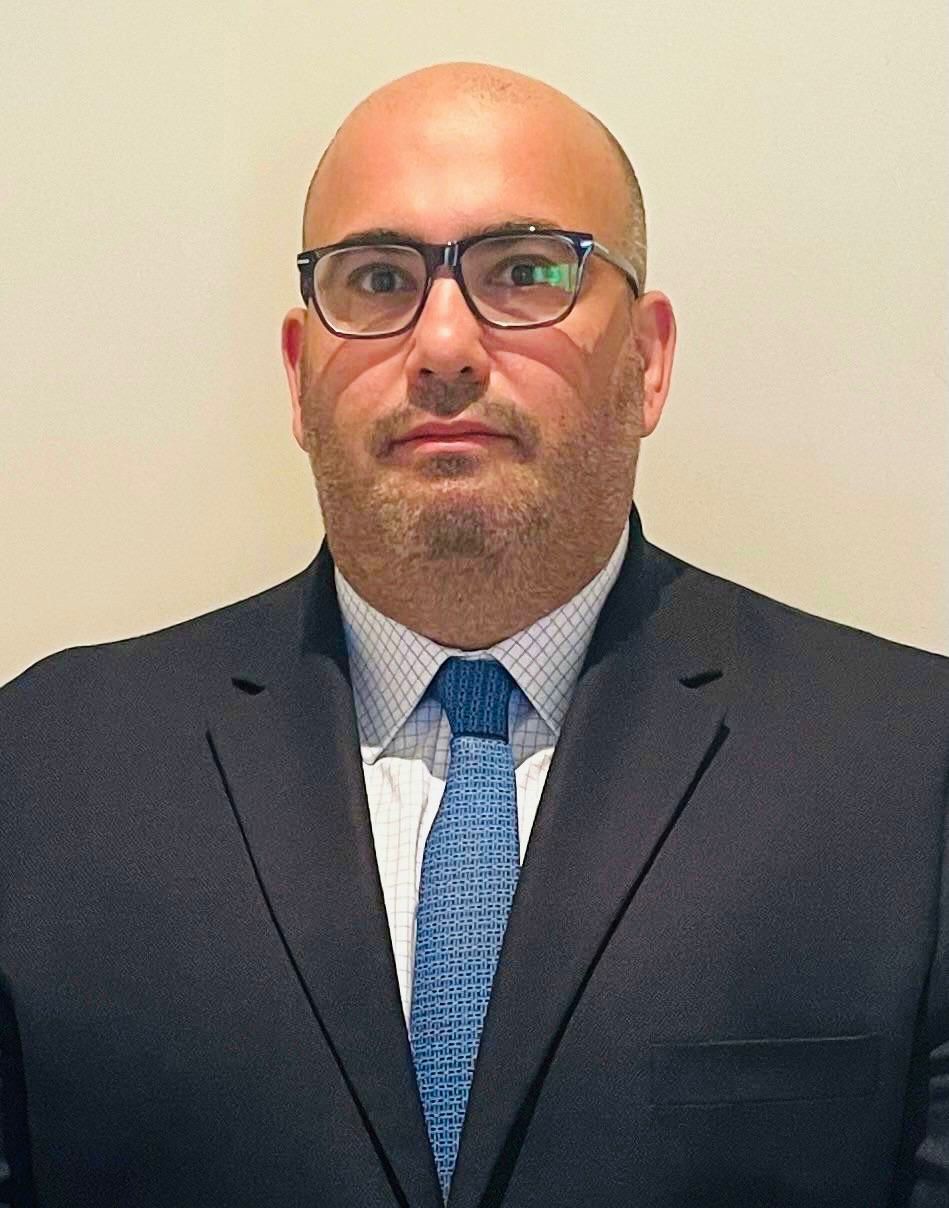
Georges Corm, the renowned Lebanese intellectual and academic, recently passed away, leaving behind a legacy that deeply influenced generations of students and thinkers both in Lebanon and beyond. His extensive writings and lectures shaped critical discourse on Middle Eastern politics, economics, and history, and his impact as a thinker remains profound.
While his academic legacy is well-established, his impact during his ministerial tenure between 1998 and 2000 may not have been as pronounced, leaving a marginal or even unnoticed mark in comparison to his towering influence as a scholar, bringing forth the whole technocrat debate back to the table.
At a time when the Lebanese people are gripped by fear over the expansion of the war in Southern Lebanon, airline companies are canceling flights, and embassies are issuing urgent warnings for their citizens to leave the country. In this tense atmosphere, caretaker Prime Minister Najib Mikati responded to a question about the possibility of escalation by saying, “We are committed to silence, patience, and prayer.” Discussing the persistent electricity shortage, the caretaker Minister of Energy and Water expressed his hope that the “Lebanese people will be patient with us.”
Recently, Amin Salam, the caretaker Minister of Economy and Trade, warned of Lebanon’s delicate and severe economic situation. In his statement, Minister Salam used the word “warned” three times, yet it remained unclear to whom he was addressing these warnings. This situation is not about strengthening transparency or improving government communication, where officials inform citizens about policy changes or upcoming challenges. Nor is it about citizens intending to break the law and receiving preemptive warnings from officials.
The current government may soon be the longest-serving one since the end of the civil war in 1990, potentially marking its third anniversary next September, despite having spent half of its mandate under caretaker status. Before the assassination of PM Rafik Hariri and the withdrawal of the Syrian army in 2005, government formation was swift and relatively smooth. However, the situation changed drastically after 2005, with the introduction of national unity governments that included most political groups represented in Parliament. The task of forming a government became increasingly challenging, and caretaker governments became the norm rather than the exception. PM Najib Mikati took five months to form his government in 2011 and 13 months to form his third government in 2021. Similarly, it took PM Tamam Salam 11 months to form his government in 2013, and PM Saad Hariri needed 9 months to form a government after the 2018 parliamentary elections. To this day, no government has been formed since the 2022 parliamentary elections.
These national unity governments were dysfunctional, fragmented, and consistently unable to implement cohesive public policies. A 2020 survey revealed that only 26% of Lebanese citizens trusted their government.
The October 2019 uprising and the subsequent economic and financial crises shifted the political elite’s approach to government formation. All political groups were jointly blamed for the austerity measures and new taxes debated on the eve of October 17, 2019. Given that the government was a national unity one, all political groups endorsed these measures, especially after the 2008 Doha Accord introduced the norm that decisions should be reached by consensus rather than voting.
Since then, the political elite has opted for a technocratic government. The rationale behind this decision is that, given Lebanon’s compounded crises, decision-making should be in the hands of technical experts and specialists rather than politicians. The justification for technocracy is that specialists are better equipped to make informed decisions than career politicians. The legitimacy of a technocratic government’s members stems from their competence rather than their allegiance to the confessional political elite.
More importantly, the political elite learned from the experience of PM Hariri’s 2019 government and chose to form a technocratic government to practice plausible deniability. Today, the political elite denies responsibility for decisions made by the current or even the previous government led by PM Hassan Diab. At the same time, some decisions—such as the subsidies program, the Sayrafa platform, and allowing the repayment of foreign currency loans using the official exchange rate—helped re-legitimize the political elite in the 2022 parliamentary elections.
The push to form a technocratic government is not unique to Lebanon. Technocratic governments are often established globally during crises or when a country faces significant challenges that require expert knowledge, such as economic downturns, natural disasters, or pandemics. The current caretaker government includes members with distinguished careers in academia, medicine, and management consulting, among other fields.
However, technocratic governments have often been criticized for lacking democratic legitimacy. In many cases, technocrats have been tolerant of dictatorships, serving as tools for authoritarian leaders to consolidate control by depoliticizing processes and limiting public participation in decision-making. Examples like the Chicago Boys in Chile and similar cases from Syria before 2011 and other countries demonstrate how the emphasis on technical solutions can justify limiting freedoms and bypassing democratic checks and balances.
Since its formation, the current government has opted to depoliticize Lebanon’s challenges and problems. Ministers have succeeded in preparing plans and strategies but failed to explain why these plans have not materialized. Often, ministers appear in the media, commenting on issues as if they were analysts or political observers, without acknowledging that executive authority is vested in the Council of Ministers, as stated by the constitution.
The government has not discussed the war in Southern Lebanon or jointly engaged in the discussions to introduce a ceasefire. Instead, it has drafted various scenarios to cope with potential displacement, treating the war as it would any other crisis beyond its control, such as a natural disaster.
Another hallmark of this government and its members is their continuous tendency to shift blame and responsibility. They attribute the failure to implement the reforms stipulated by the staff-level agreement with the IMF to a lack of political will. They have shifted the responsibility of managing critical public utilities to the international community. When donors are either slow or unwilling to provide financial support due to the lack of commitment to reforms, the government starts complaining without admitting that this is their responsibility, not that of international organizations and development agencies.
In the end, with presidential elections and the formation of a new government unlikely, the Lebanese are left with only hope to guide them and prayers to sustain them through these challenging times. However, the Lebanese know all too well that hope is often a rare commodity in our region.
Khalil Gebara is an academic and researcher.
The views in this story reflect those of the author alone and do not necessarily reflect the beliefs of NOW.








